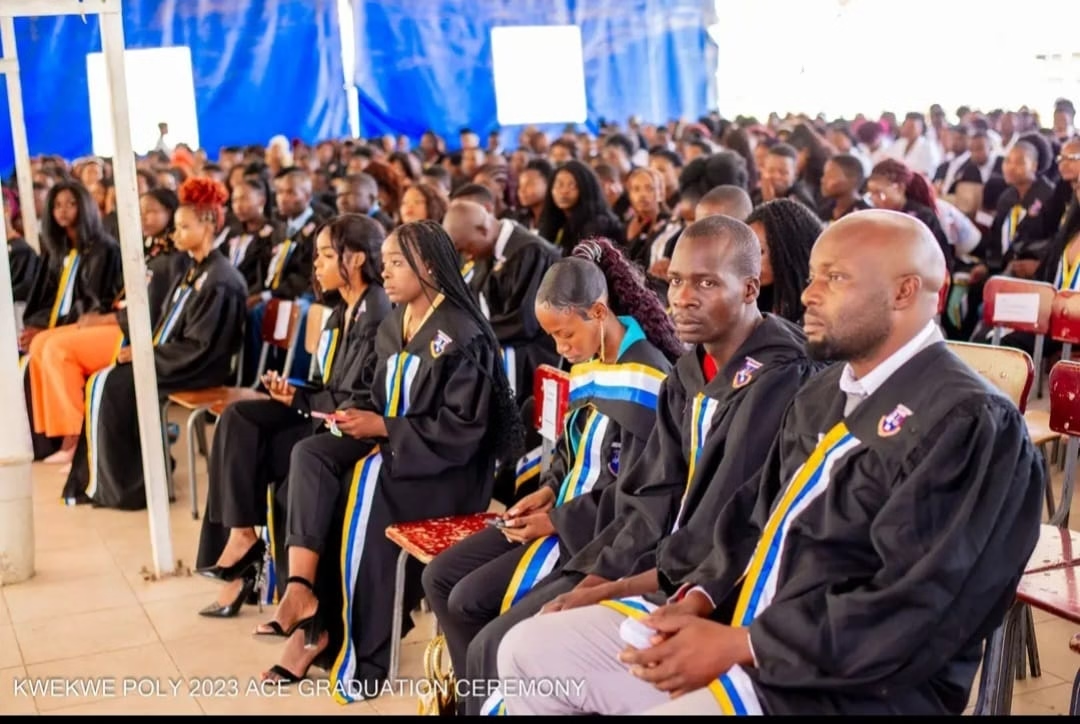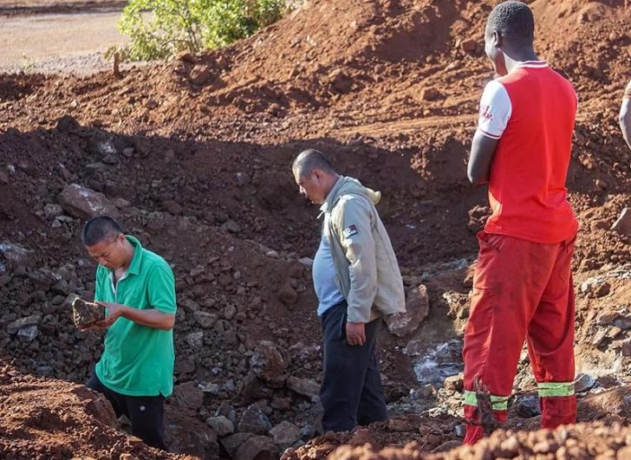
In a country steadily transitioning from theory-based learning to innovation-led development, Kwekwe Polytechnic has emerged as a beacon of transformative education. The institution’s latest graduation ceremony, which saw over 1 600 students conferred with diplomas, did not only mark academic achievement, but also cemented the polytechnic’s position as a leading STEM hub committed to the Second Republic’s industrialisation agenda. The event, held on a spirited Friday in the heart of the Midlands Province, echoed a singular rallying call, it is time for academia and industry to embrace Artificial Intelligence as a tool for competitiveness and economic empowerment.
With an impressive 81 percent of graduates coming from Science, Technology, Engineering and Mathematics disciplines, Kwekwe Polytechnic is not merely teaching innovation, it is living it. The institution has taken bold steps in implementing the Education 5.0 model, registering five student-led companies that are already at varying stages of commercialisation. These ventures are not ceremonial projects, but functional, future-ready enterprises designed to contribute to the local economy, demonstrating that the polytechnic is no longer just producing graduates, but building a new generation of industrialists. Mr Evans Musara, the College Principal, expressed pride in these milestones, highlighting how former and current students are at the forefront of innovation and entrepreneurship, in alignment with national economic blueprints.
Representing the Minister of Higher and Tertiary Education, Innovation, Science and Technology Development, Honourable Simelisizwe Sibanda did not mince his words, Artificial Intelligence is the next frontier, and Zimbabwe must not be left behind. He passionately called on institutions to harness AI’s potential to improve product output and global competitiveness. It was a practical message, grounded in the realities of today’s digital economy, where AI is no longer a luxury for tech giants but a necessity for smart institutions. His remarks echoed a broader national thrust: Zimbabwe’s future lies in its ability to turn raw academic ideas into real-world, marketable innovations.
Honourable Owen Ncube, the Midlands Minister of State for Provincial Affairs and Devolution, reinforced this narrative by celebrating the tangible impact of the Education 5.0 philosophy. According to him, the synergy between learning and production is now the cornerstone of Zimbabwe’s skills-driven economic recovery. In a province fuelled by mining, agriculture, construction and tourism, the importance of such a human capital base cannot be overstated. What Kwekwe Polytechnic is doing, he affirmed, is setting the standard, building not just employable graduates, but economic contributors with the power to reshape communities.
The momentum behind Education 5.0 is gaining traction, and Kwekwe Polytechnic’s example demonstrates that innovation is not confined to universities or urban hubs. It can emerge from any space where there is vision, strategy and support. The success of student-led start-ups and the aggressive push towards AI awareness reflect the country’s readiness to compete on the global stage, not only as a consumer of technology, but as a creator of solutions rooted in Zimbabwean realities.
This is more than a graduation ceremony. It is the unveiling of a movement, one that places education at the centre of production, and knowledge at the heart of national progress. Through its dynamic application of STEM, entrepreneurship and digital foresight, Kwekwe Polytechnic is no longer simply training students. It is shaping the very future of Zimbabwe.




